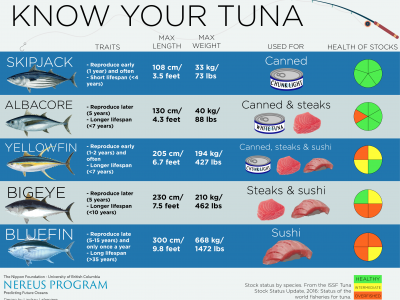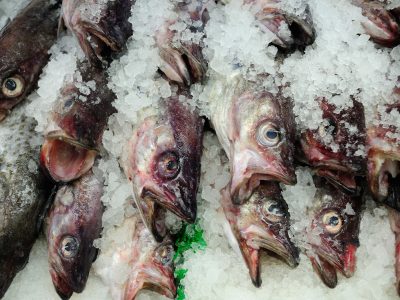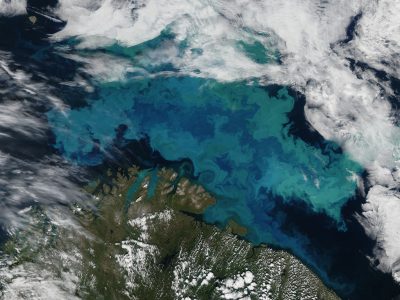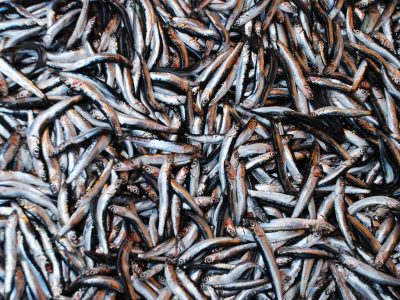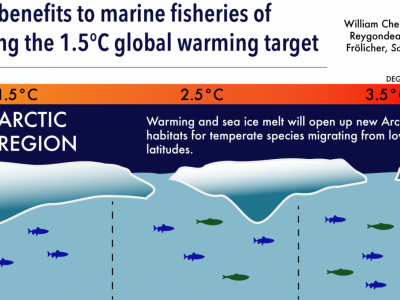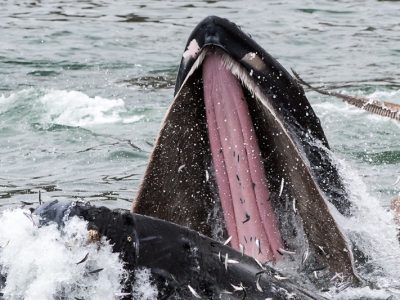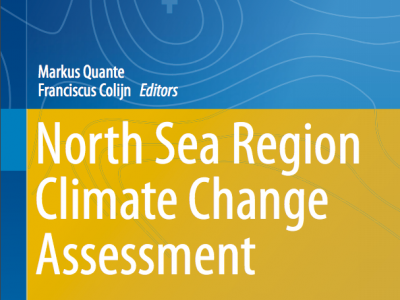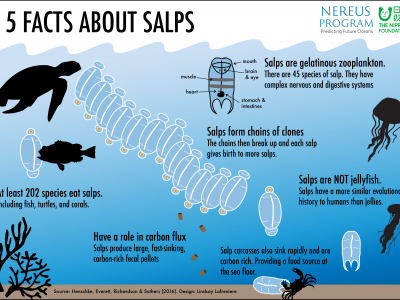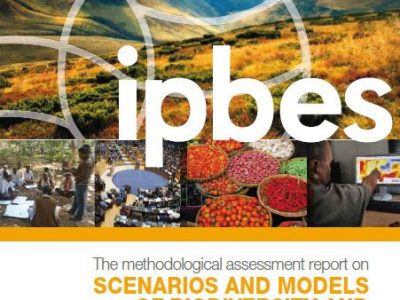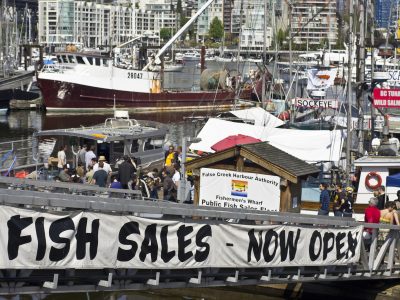Skipjack or yellowfin? Stock status and ecosystem effects of tuna fisheries
You’ve seen the headlines – tuna is in trouble. “Bleak outlook for sushi favourite as bluefin tuna levels drop 97 per cent,” writes the Telegraph. CBS News says: “Sushi eaters pushing Pacific bluefin tuna to brink of extinction”. Does this mean that you should be putting down those tuna sandwiches and spicy tuna rolls? Not necessarily.



